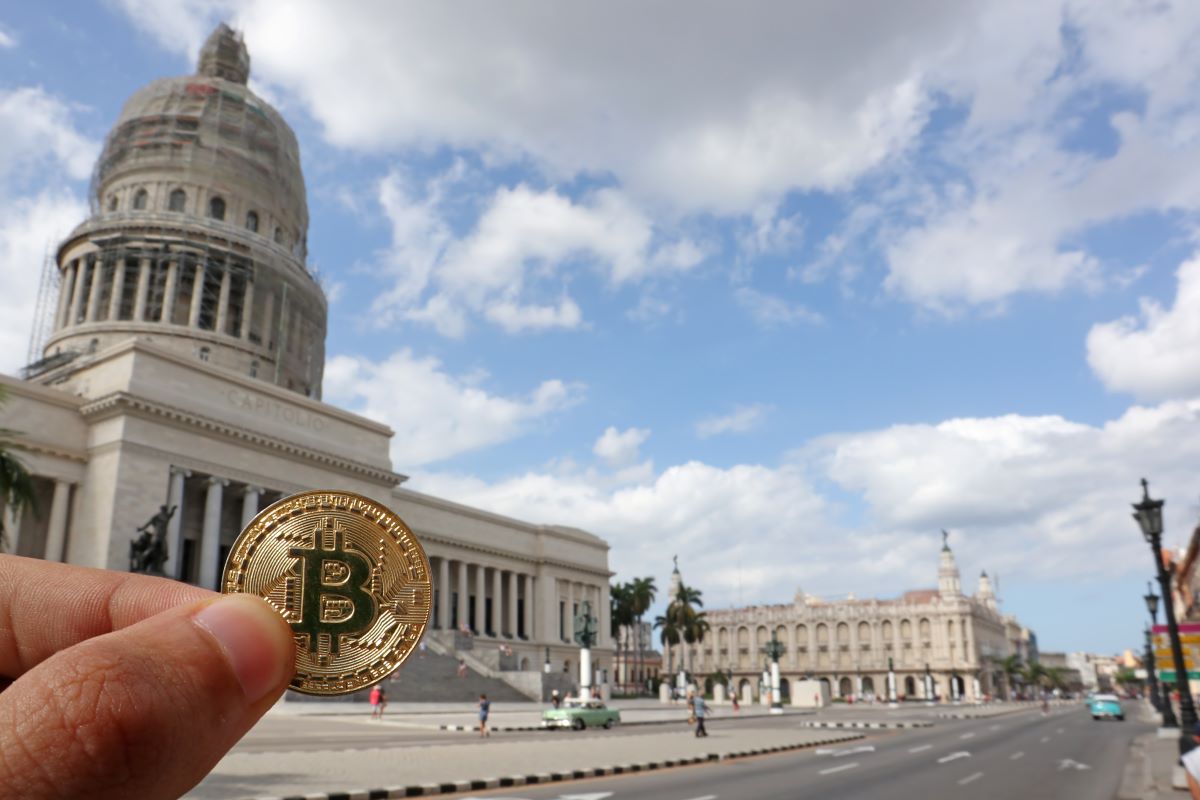Crypto policy think tank Coin Center has sent a formal letter to Senate Finance Committee Chairman Ron Wyden and Finance Committee Ranking Member Mike Crapo, advocating for clear and reasonable tax policies for digital assets.
“Governments should state clearly and in detail how cryptocurrency transactions will be taxed as this may not be intuitive given the novelty of cryptocurrencies as assets,” wrote the senators in their letter on Monday.
The advocacy group listed fundamental principles governments should consider when determining how to tax crypto – one of which includes creating a de minimis exemption for small cryptocurrency transactions.
Coin Center argued that this exemption would remove unnecessary friction and encourage the everyday use of cryptocurrencies as a medium of exchange, similar to how foreign currencies enjoy exemptions for small conversions.
Regarding block rewards from mining or staking, Coin Center recommended that these rewards not be taxed as income upon creation.
“These rewards are best analogized to fruit that has ripened on the taxpayer’s land, crops grown in her fields, or a calf born to her cow,” the experts wrote, suggesting that taxation should only occur when these rewards are sold.
Crypto gained through unanticipated airdrops or through a hard fork of a user’s existing assets would also be exempt from immediate taxation, and only taxes “when they are sold or otherwise
disposed of by the taxpayer.”
The Digital Asset “Broker” Issue
The group also challenged the extension of tax reporting rules to certain digital asset intermediaries, stating that non-custodial third parties like miners, stakers, and wallet software developers should not be subjected to the same reporting requirements as actual “brokers.”
Crypto pundits sounded the alarm on this issue in September 2021 after Congress passed Biden’s Infrastructure bill, which expanded the tax code’s definition of “broker” to potentially include these groups.
Coin Center concluded by advocating for simplified valuation methods for cryptocurrency donations, suggesting that taxpayers be allowed to use readily available exchange data to determine fair market value, rather than undergoing a “costly appraisal process.”
Much like Coin Center, Senators Bernie Sanders and Elizabeth Warren – the latter of which is generally a crypto skeptic – called on the IRS and Treasury to establish clear tax reporting standards for digital asset brokers, as required by the Infrastructure bill.
The senators cited a 2022 analysis from Barclays suggesting that the crypto industry was likely paying less than half of the taxes it actually owed.
Crypto policy think tank Coin Center has sent a formal letter to Senate Finance Committee Chairman Ron Wyden and Finance Committee Ranking Member Mike Crapo, advocating for clear and reasonable tax policies for digital assets.
“Governments should state clearly and in detail how cryptocurrency transactions will be taxed as this may not be intuitive given the novelty of cryptocurrencies as assets,” wrote the senators in their letter on Monday.
The advocacy group listed fundamental principles governments should consider when determining how to tax crypto – one of which includes creating a de minimis exemption for small cryptocurrency transactions.
Coin Center argued that this exemption would remove unnecessary friction and encourage the everyday use of cryptocurrencies as a medium of exchange, similar to how foreign currencies enjoy exemptions for small conversions.
Regarding block rewards from mining or staking, Coin Center recommended that these rewards not be taxed as income upon creation.
“These rewards are best analogized to fruit that has ripened on the taxpayer’s land, crops grown in her fields, or a calf born to her cow,” the experts wrote, suggesting that taxation should only occur when these rewards are sold.
Crypto gained through unanticipated airdrops or through a hard fork of a user’s existing assets would also be exempt from immediate taxation, and only taxes “when they are sold or otherwise
disposed of by the taxpayer.”
The Digital Asset “Broker” Issue
The group also challenged the extension of tax reporting rules to certain digital asset intermediaries, stating that non-custodial third parties like miners, stakers, and wallet software developers should not be subjected to the same reporting requirements as actual “brokers.”
Crypto pundits sounded the alarm on this issue in September 2021 after Congress passed Biden’s Infrastructure bill, which expanded the tax code’s definition of “broker” to potentially include these groups.
Coin Center concluded by advocating for simplified valuation methods for cryptocurrency donations, suggesting that taxpayers be allowed to use readily available exchange data to determine fair market value, rather than undergoing a “costly appraisal process.”
Much like Coin Center, Senators Bernie Sanders and Elizabeth Warren – the latter of which is generally a crypto skeptic – called on the IRS and Treasury to establish clear tax reporting standards for digital asset brokers, as required by the Infrastructure bill.
The senators cited a 2022 analysis from Barclays suggesting that the crypto industry was likely paying less than half of the taxes it actually owed.
